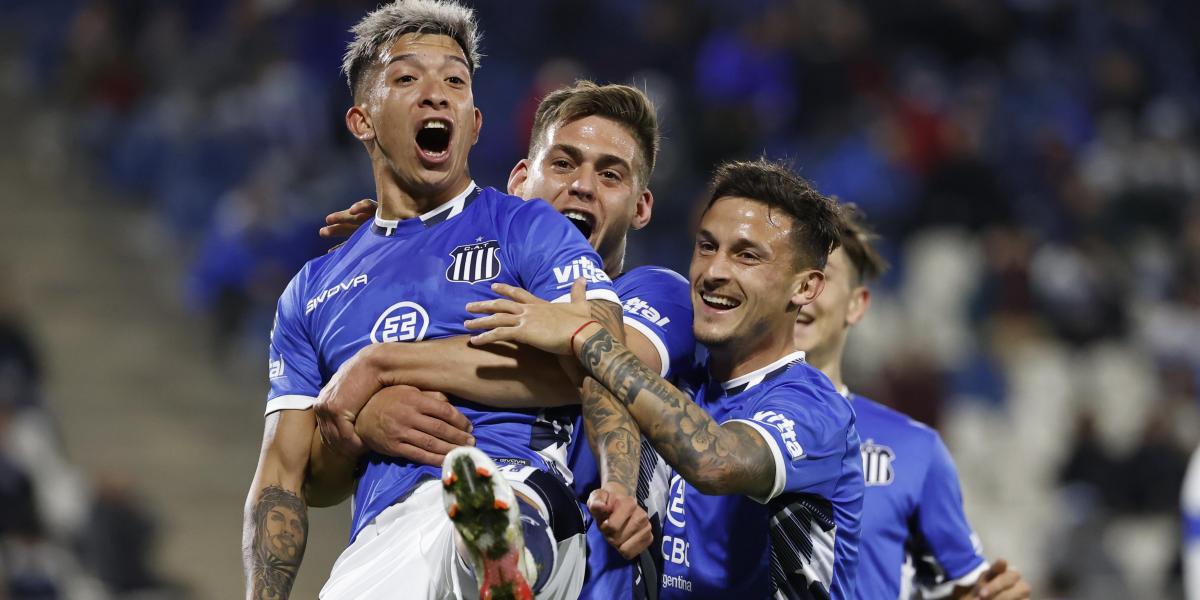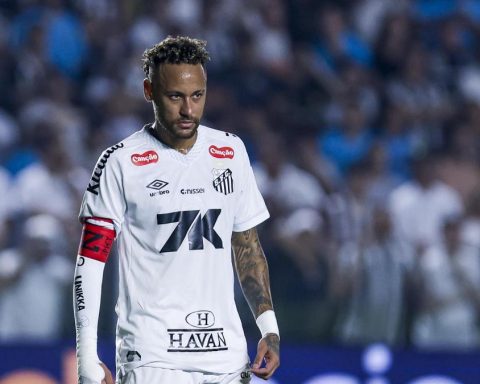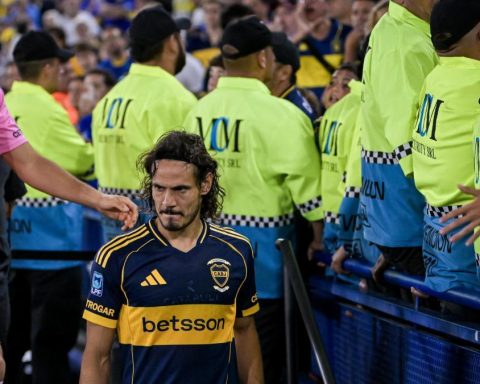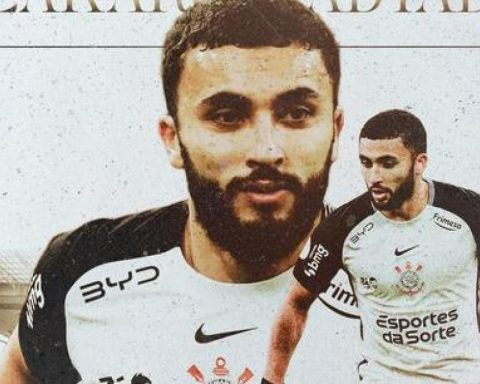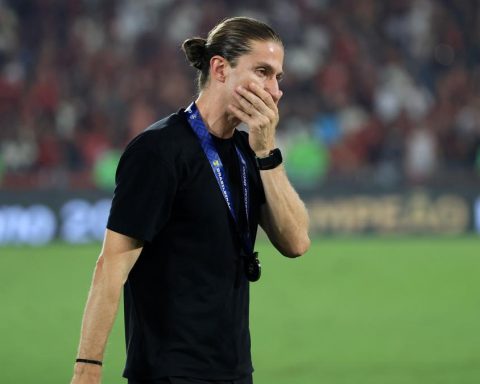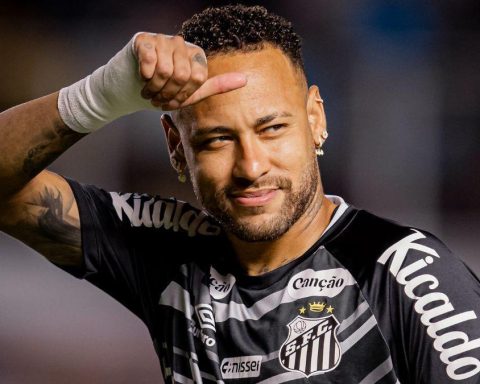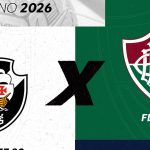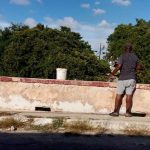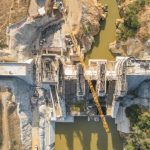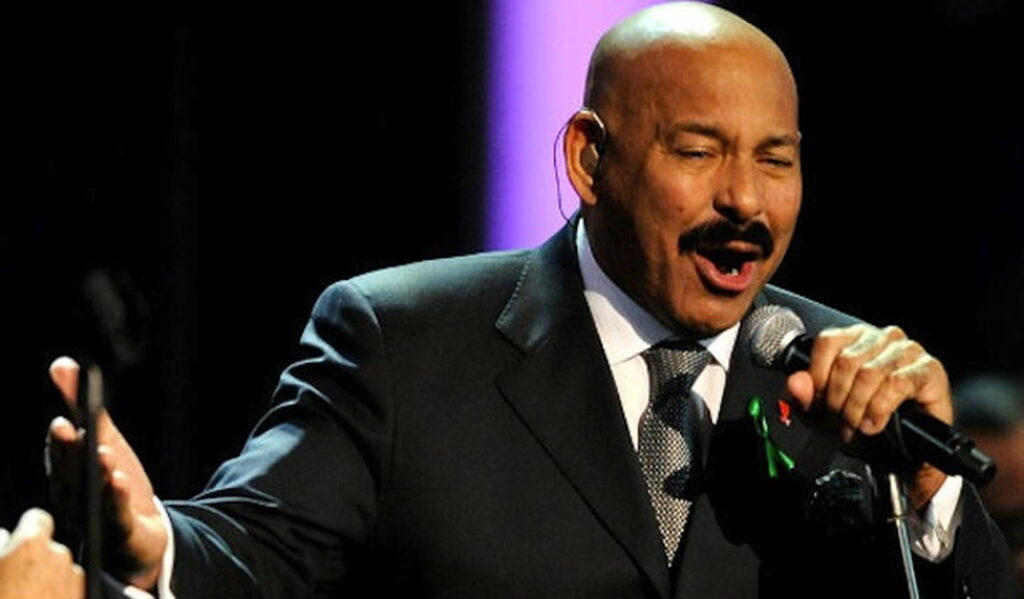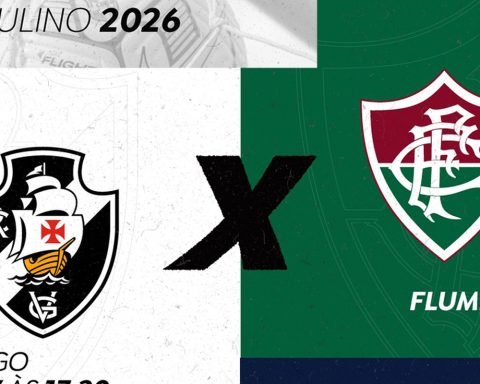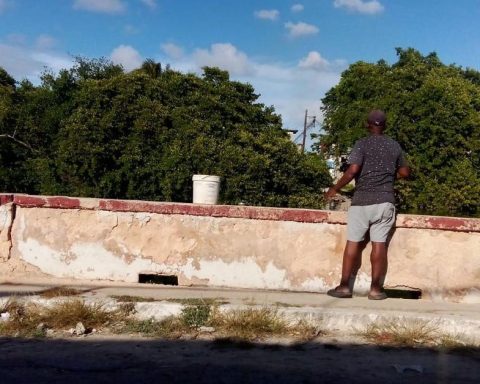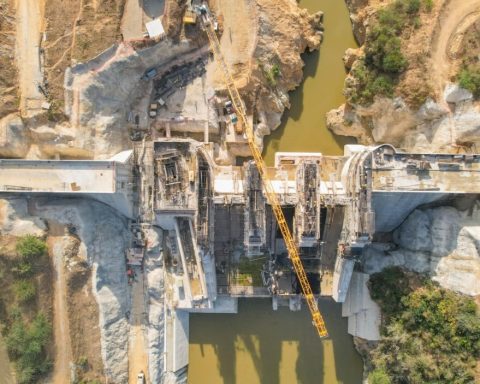The Catholic University of Chile added a new disappointment this season and said goodbye to the Libertadores Cup with another defeat, this one against Talleres de Córdoba for which order and a spectacular goal by Matías Esquivel were enough to take the points from the fort in San Carlos.
The night could have been even more tragic for the Chileans had it not been for the Brazilian team Flamengo, who unsurprisingly defeated Sporting Cristal and thus prevented the Peruvians from snatching third place in the group from the Crusaders, which allowed them Catholic qualify for the second round of the Copa Sudamericana.
The match in a cold and soulless San Carlos de Apoquindo had hardly any history. Talleres, better positioned on the field, pressed and accumulated chances from the first minute, but goalkeeper Sebastian Pérez supported his team, more aware of the score in Brazil than of what was happening on the pitch.
And it was precisely a former crusader player, trained in the lower categories, who after half an hour brought calm to the team now led by Ariel Holan. Mauricio Isla, a Chilean international in the ranks of Flamengo, opened the scoring at the Maracana and thus paved the way for a Catholic University in which there is hardly any improvement after the change of coach.
Only ‘the bull’ Zampedri, who accumulated a handful of good chances and moved with sense up front, seems like a top-level player in a squad that won four titles just six months ago.
With this trend, the good news for fans of the fringe only came from distant Brazil. There, Pedro extended the advantage for the locals and thus wiped away the blow that Esquivel’s goal meant, who took advantage of a rebound in the crescent of the area to connect a cross volley that slipped through the left post of the goal defended until then with a lot success for Perez.
From then until the end, both teams exchanged some occasions, the Católica well directed by Gonzalo Tapia, one of the best on the field, and the Argentines giving space to players from the bench like Angelo Martino and Santiago Toloza, who were very close to annotate.
